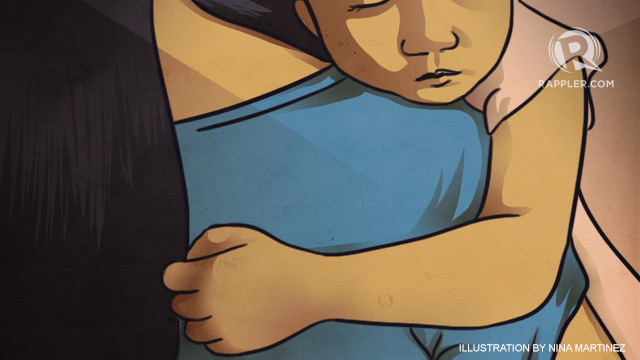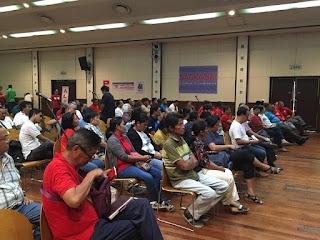
Republic Act No. 8972 grants parental leave of seven (7) work days with full pay every year, in addition to leave privileges under existing laws, to solo parents.
Parental leave for solo parents is granted to any solo parent or individual who is left alone with the responsibility of parenthood due to:
1. Giving birth as a result of rape or, as used by the law, other crimes against chastity;
2. Death of spouse;
3. Spouse is detained or is serving sentence for a criminal conviction for at least one (1) year;
4. Physical and/or mental incapacity of spouse as certified by a public medical practitioner;
5. Legal separation or de facto separation from spouse for at least one (1) year: Provided that he/she is entrusted with the custody of the children;
6. Declaration of nullity or annulment of marriage as decreed by a court or by a church: Provided, that he/she is entrusted with the custody of the children;
7. Abandonment of spouse for at least one (1) year;
8. Unmarried father/mother who has preferred to keep and rear his/her child/children, instead of having others care for them or give them up to a welfare institution;
9. Any other person who solely provides parental care and support to a child or children: Provided, that he/she is duly licensed as a foster parent by the Department of Social Welfare and Development (DSWD) or duly appointed legal guardian by the court; and
10. Any family member who assumes the responsibility of head of family as a result of the death, abandonment, disappearance, or prolonged absence of the parents or solo parent: Provided, that such abandonment, disappearance, or prolonged absence lasts for at least one (1) year.
In order to be entitled to the leave, a solo parent employee should have rendered at least one (1) year of service, whether continuous or broken. In addition, the employee should notify his or her employer that he or she will avail of the leave within a reasonable period of time. Finally, the solo parent employee must present to the employer his or her Solo Parent Identification Card. Such card which may be obtained from the Department of Social Welfare and Development (DSWD) located in the city where the employee resides.
In the event that the parental leave is not availed of, it shall not be convertible to cash.
This is how to avail of parental leave for solo parent in the Philippines.
SOURCE::
For further inquiries, you may seek legal assistance by e-mailing us atinfo@ndvlaw.com.
 Actually this was good news to all Solo Parent but many of them don’t even know what is this all about, what are the benefits and privileges entitled to them. On the other hand, others might heard this before but they don’t know how to apply or avail for it. That’s why; I am encouraged to write this article for you guys to know your right as the Law says so. I will tackle the qualifications, requirements, procedure, and the package of services for Solo Parent.
Actually this was good news to all Solo Parent but many of them don’t even know what is this all about, what are the benefits and privileges entitled to them. On the other hand, others might heard this before but they don’t know how to apply or avail for it. That’s why; I am encouraged to write this article for you guys to know your right as the Law says so. I will tackle the qualifications, requirements, procedure, and the package of services for Solo Parent.



















































